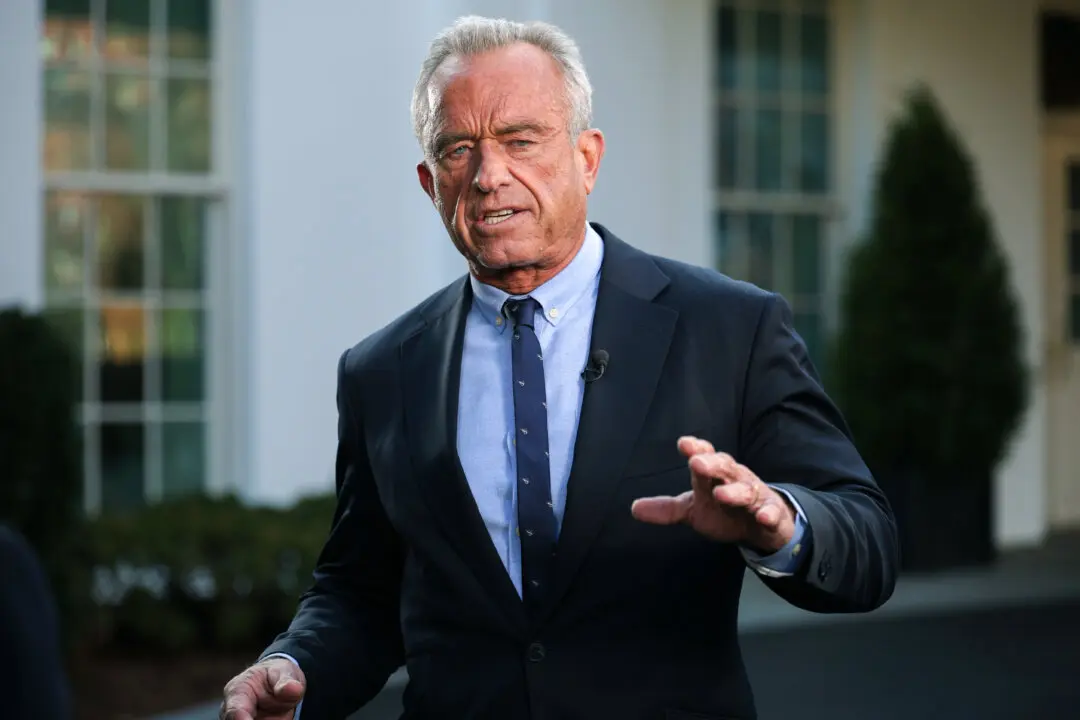A prosecutor who was abruptly fired by the governor of the U.S. Virgin Islands has revealed that the governor pressured her on behalf of sex offender Jeffrey Epstein.
Denise George, the Virgin Islands attorney general until late 2022, said that Gov. Albert Bryan Jr., who’s a Democrat, personally contacted her to ask that she give Mr. Epstein a waiver from travel restrictions.





